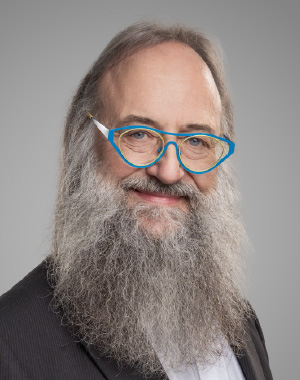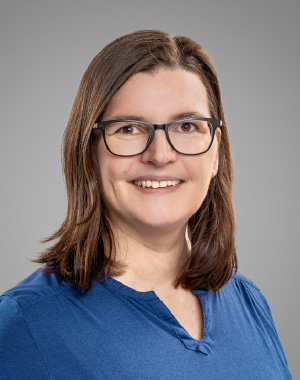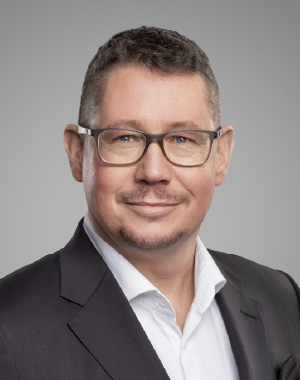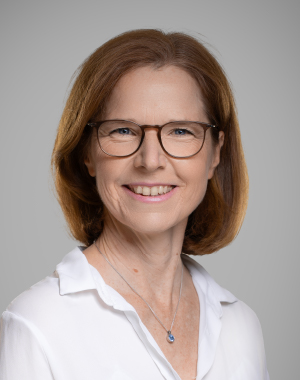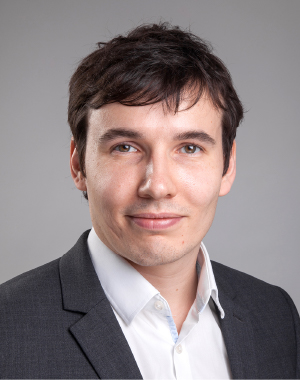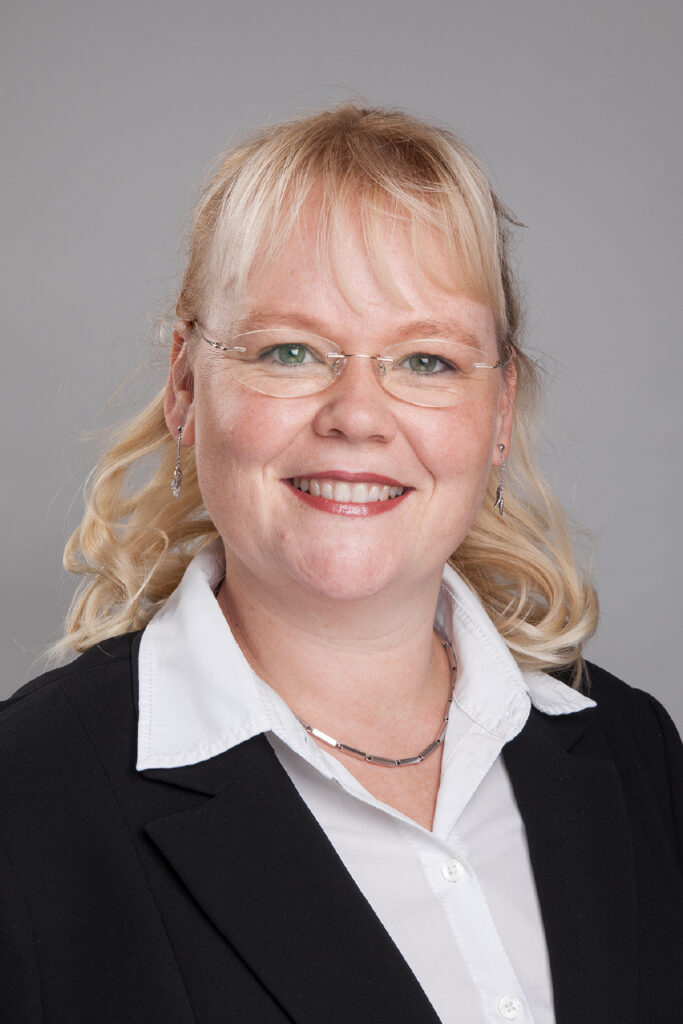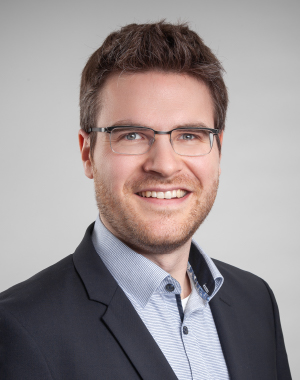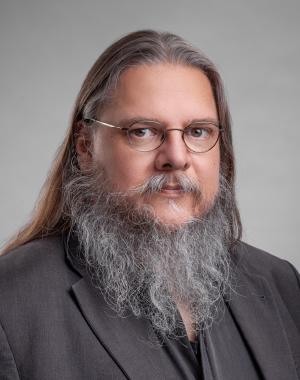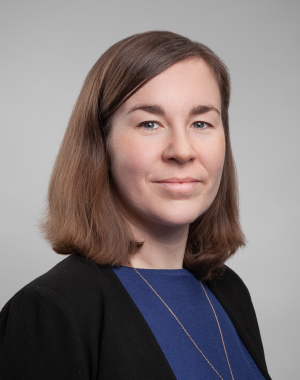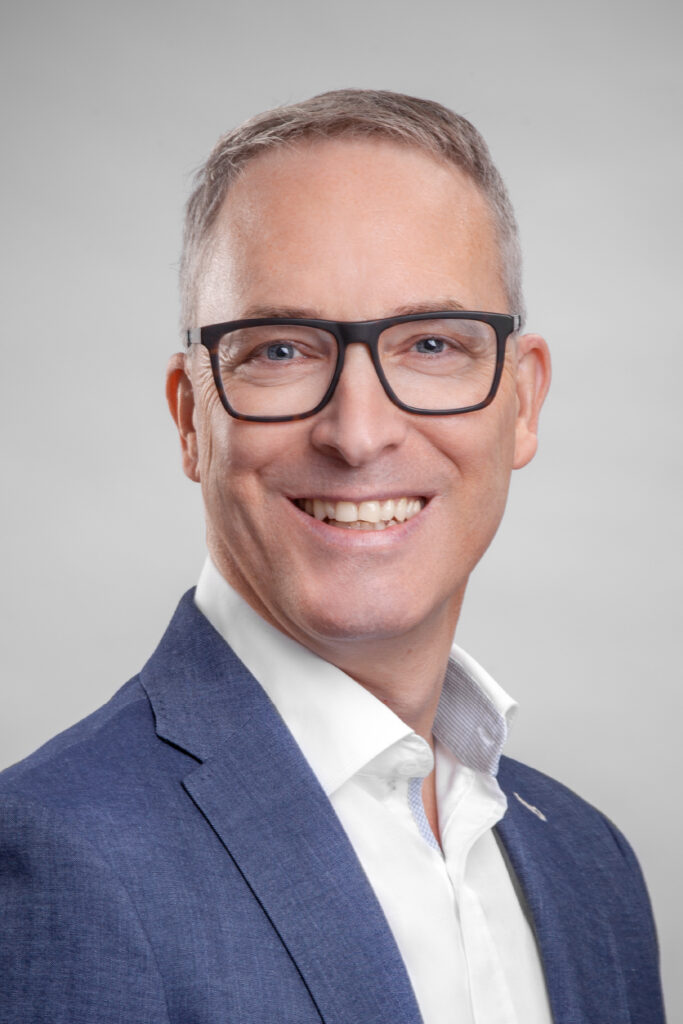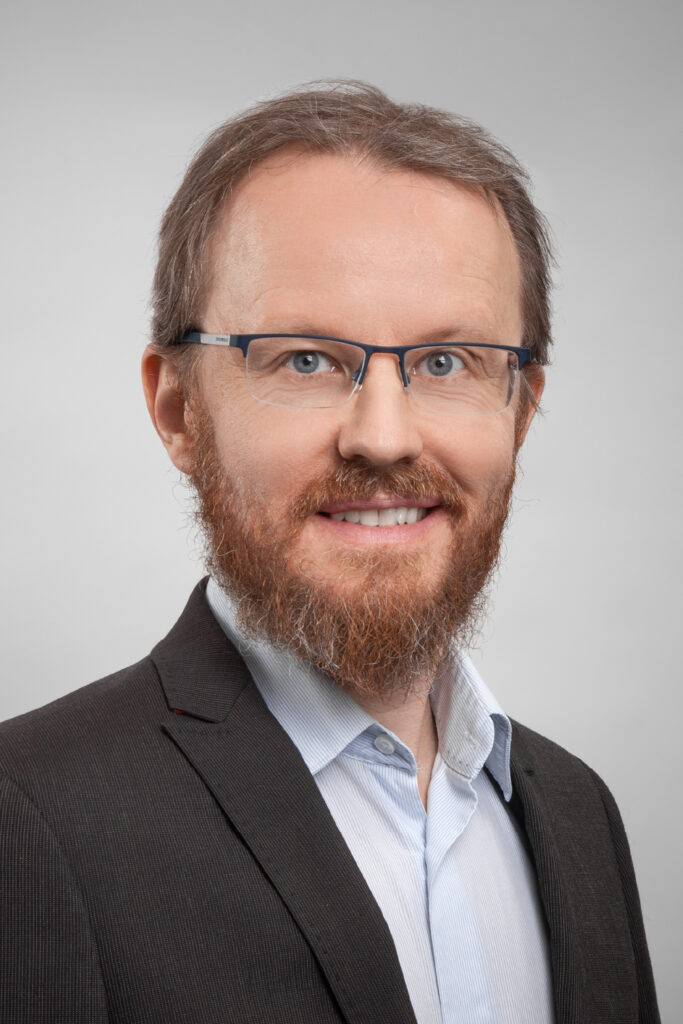25.01.2021
PRESS RELEASE (EN/DE): Doctoral student of the BioRECO2VER project wins the Green Talents Award from the German Federal Ministry of Education and Research!
Laura Rovira Alsina is doctoral student in Water Science and Technology from University of Girona (Spain) and is working in the EU-funded BioRECO2VER project focusing on bio-electrochemical systems for the conversion of CO2 into chemical building blocks under thermophilic conditions.
The German Federal Ministry of Education and Research (BMBF) organises the Green Talents Competition – International Forum for High Potentials in Sustainable Development – which promotes the international exchange of innovative green ideas from different research fields, every year. The young research talents come from different countries and scientific disciplines and are honoured for their outstanding achievements in making our society more sustainable. The talents are selected by a jury of German experts from different research disciplines and the award winners gain unique access to the country's research elite.
In her research approach, Laura Rovira Alsina has managed to use electricity from renewable sources in bio electrochemical systems. In these systems, bacteria convert CO2 into organic chemicals. These chemicals can be stored and later used as a raw material to make a range of products (acetate, ethanol, butyrate, among others). She was able to show that this technology is not only robust enough to work under less-than-optimal energy supply conditions. Astonishingly, she could show that these irregularities in energy supply even increase the production of organic chemicals per unit of energy consumption.
Laura Rovira Alsina uses mixed bacteria consortia from conventional wastewater treatment plants as a catalyst for the sluggish reaction of CO2 reduction. This adds value to the process by using waste instead of having to buy expensive new bacterial strains. It also turned out to increase the resilience of the system. She found that she is working with a robust mixed microbial community that is able to cope with external changes and to maintain its operations under fluctuating ambient conditions.
The jury nominated her research mainly because they were impressed by the multi level approach of her research. Using excess electricity to reduce carbon dioxide in the atmosphere through bacteria that produce organic chemicals just sounds like the future!
Although Laura Rovira Alsina does fundamental research, she is always thinking about creating knowledge for real-life applications in a coordinated and integrated way across sectors for maximum effectiveness. We asked her about her motivation on investigating sustainable alternatives and her experience to be nominated for the Green Talents Award:
Bio-Based News: Ms. Rovira Alsina, developing environmentally friendly technologies to decarbonize the economy is a very ambitious goal. Was that the motivation to start your studies?
Laura Rovira Alsina: Yes, I guess the motivation came from making the world a better place. The global warming crisis has become a reality and we are already late to change part of the current situation. But I also believe that we have to think clearly and start with small things that one can change on an individual level using the developed skills and interests. Microbial electrochemical technologies have become a hotspot for developing a versatile platform for synthesising fuels and chemical building blocks from CO2 using electricity as an electron donor.
As part of the main goal of decarbonising the economy through a green technology, LEQUiA (the lab where I work) has already helped to recycle CO2 streams from industrial thermal processes and valorise the surplus of renewable energy. This is a good start towards a more sustainable future.
Bio-based News: Was your research interest strengthened during your doctoral studies and if so, how did the BioRECO2VER project contribute to this?
Laura Rovira Alsina: The efficient conversion of electrical energy into soluble products depends on the performance of the catalysts. With this in mind, we reported on the sustained ability of a mixed microbial culture from a conventional wastewater treatment plant to effectively produce both H2 and acetate under the applied conditions. Furthermore, the limiting factors under thermophilic conditions were investigated to achieve high production rates in the long term. However, the selectivity of the product was hampered by the mixture of metabolic pathways that coexist when using a mixed inoculum.
The results obtained have certainly driven my research interest further to increase the appropriate working parameters to obtain higher value compounds with the help of genetically modified organisms. This is also one of the strategies that the BioRECO2VER project is pursuing to create a representative platform for a wider range of products and applications in the future. In this respect, I am grateful for the opportunity that the BioRECO2VER project has given me over these years.
Bio-Based News: One last question. How surprising was the nomination for you?
Laura Rovira Alsina: As we grow, we train ourselves to achieve the goals we had projected. However, despite the hard work, when training conforms to your ideals, you don’t need to strive to achieve what you stand for, it flows. We live in a world in which many thoughts do not coincide and are not respected, but we all agree that in one way or another, we want to preserve what we like the most, nature. Winning the Green Talents Competition reinforces the dedication with which I face the challenge to achieve a more conscious and sustainable planet.
Bio-Based News: Thank you for these inspiring answers and good luck with your future research.
Also, her supervisor Ass. Prof. Sebastià Puig (Chemical and Environmental Engineering) is proud of his PhD student's success. He states: “She is an enthusiast, multitasking and proactive PhD candidate with always time for giving a hand or discussing about research. These characteristics give her the suitable knowledge to significantly contribute to our tasks in the scope of the BioRECO2VER project.”
Of course, the coordinator of the BioRECO2VER project (Heleen De Wever from VITO) and the entire research consortium congratulate Laura Rovira Alsina on her achievement and look forward to more exciting research in the field of bio-electrochemical systems from Girona.
More information about the BioRECO2VER project is available here: http://www.bioreco2ver.eu/
The BioRECO2VER project has received funding from the European Union’s Horizon 2020 research and innovation programme under grant agreement No. 760431.

